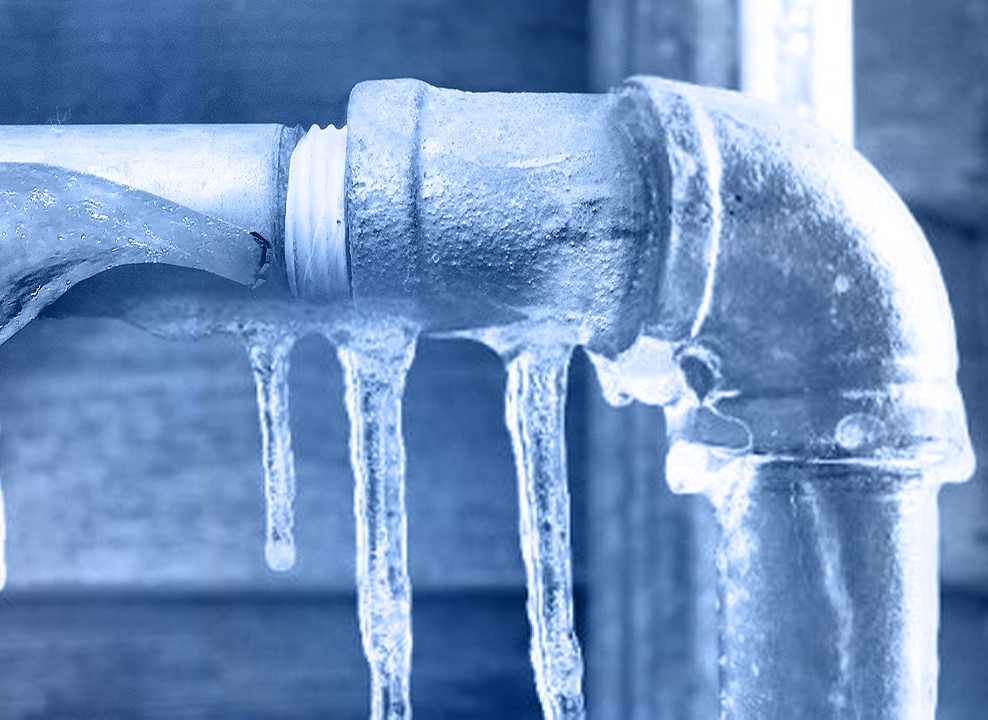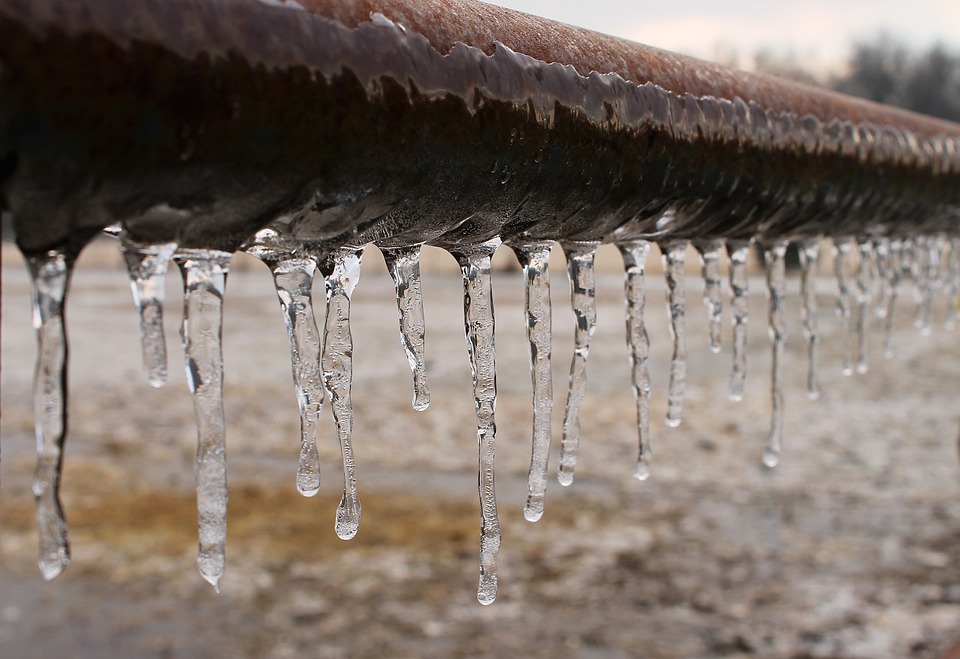Tips to Maintain Pipes from Cold Weather Issues: Crucial Guidance
Tips to Maintain Pipes from Cold Weather Issues: Crucial Guidance
Blog Article
How do you actually feel in relation to 6 Ways to Prevent Frozen Pipes?

Cold weather can damage your pipes, particularly by freezing pipelines. Here's exactly how to stop it from happening and what to do if it does.
Introduction
As temperatures decline, the threat of frozen pipelines rises, possibly causing costly repair services and water damage. Recognizing exactly how to avoid icy pipelines is vital for house owners in chilly environments.
Prevention Tips
Insulating vulnerable pipelines
Wrap pipes in insulation sleeves or utilize heat tape to secure them from freezing temperatures. Focus on pipes in unheated or external areas of the home.
Home heating methods
Keep indoor areas effectively warmed, specifically locations with pipes. Open up cupboard doors to allow cozy air to distribute around pipes under sinks.
Just how to recognize icy pipes
Look for lowered water flow from taps, uncommon odors or noises from pipes, and visible frost on exposed pipes.
Long-Term Solutions
Structural adjustments
Take into consideration rerouting pipelines far from exterior walls or unheated areas. Include additional insulation to attics, cellars, and crawl spaces.
Upgrading insulation
Buy top notch insulation for pipelines, attics, and walls. Correct insulation assists keep consistent temperatures and minimizes the danger of icy pipes.
Protecting Outdoor Pipes
Yard pipes and outdoor taps
Separate and drain yard tubes before winter season. Mount frost-proof faucets or cover outside faucets with protected caps.
Understanding Frozen Pipes
What creates pipelines to freeze?
Pipelines ice up when revealed to temperature levels below 32 ° F (0 ° C) for prolonged durations. As water inside the pipelines freezes, it increases, taxing the pipeline walls and possibly causing them to rupture.
Threats and damages
Frozen pipes can cause water supply disturbances, property damage, and pricey repair work. Burst pipelines can flooding homes and create considerable structural damage.
Signs of Frozen Pipeline
Determining icy pipes early can avoid them from rupturing.
What to Do If Your Pipes Freeze
Immediate actions to take
If you suspect frozen pipelines, maintain faucets available to ease pressure as the ice thaws. Make use of a hairdryer or towels taken in warm water to thaw pipelines slowly.
Verdict
Preventing frozen pipes calls for proactive procedures and quick actions. By recognizing the reasons, indicators, and preventive measures, homeowners can safeguard their pipes throughout winter.
Helpful Tips to Prevent Frozen Pipes this Winter
UNDERSTANDING THE BASICS: WHY PIPES FREEZE AND WHY IT’S A PROBLEM
Water freezing inside pipes is common during the winter months, but understanding why pipes freeze, and the potential problems it can cause is crucial in preventing such incidents. This section will delve into the basics of why pipes freeze and the associated problems that may arise.
THE SCIENCE BEHIND FROZEN PIPES
When water reaches freezing temperatures, it undergoes a physical transformation and solidifies into ice. This expansion of water as it freezes is the primary reason pipes can burst. As the water inside the pipe freezes, it expands, creating immense pressure on the walls. If the pressure becomes too great, the pipe can crack or rupture, leading to leaks and water damage.
FACTORS THAT CONTRIBUTE TO PIPE FREEZING
Low Temperatures: Extremely cold weather, especially below freezing, increases the risk of pipes freezing. Uninsulated or Poorly Insulated Pipes: Pipes located in unheated areas, such as basements, crawl spaces, or attics, are more prone to freezing. Insufficient insulation or lack of insulation altogether exacerbates the problem. Exterior Wall Exposure: Pipes running along exterior walls are susceptible to freezing as they encounter colder temperatures outside. Lack of Heating or Temperature Regulation: Inadequate heating or inconsistent temperature control in your home can contribute to frozen pipes. PROBLEMS CAUSED BY FROZEN PIPES
- Pipe Bursting: As mentioned earlier, the expansion of water as it freezes can cause pipes to burst, resulting in significant water damage.
- Water Damage: When pipes burst, it can lead to flooding and water damage to your property, including walls, ceilings, flooring, and personal belongings.
- Structural Damage: Prolonged exposure to water from burst pipes can compromise the structural integrity of your home, leading to costly repairs.
- Mold and Mildew Growth: Excess moisture from water damage can create a favorable environment for mold and mildew growth, posing health risks to occupants.
- Disrupted Water Supply: Frozen pipes can also result in a complete or partial loss of water supply until the issue is resolved.
WHY CERTAIN PIPES ARE MORE PRONE TO FREEZING
- Location: Pipes located in unheated or poorly insulated areas, such as basements, crawl spaces, attics, or exterior walls, are at higher risk of freezing.
- Exterior Pipes: Outdoor pipes, such as those used for irrigation or exposed plumbing, are particularly vulnerable to freezing as they are directly exposed to the elements.
- Supply Lines: Pipes that carry water from the main water supply into your home, including the main water line, are critical to protect as freezing in these lines can affect your entire plumbing system.
- Underground Pipes: Pipes buried underground, such as those connected to sprinkler systems or outdoor faucets, can be susceptible to freezing if not properly insulated.
https://busybusy.com/blog/helpful-tips-to-prevent-frozen-pipes-this-winter/

As an avid reader on Preventing and dealing with frozen pipes, I imagined sharing that blog post was really helpful. Those who appreciated our blog posting plz be sure to pass it around. Bless you for your time. Please stop by our site back soon.
Click Here To Read More Report this page